Sign In

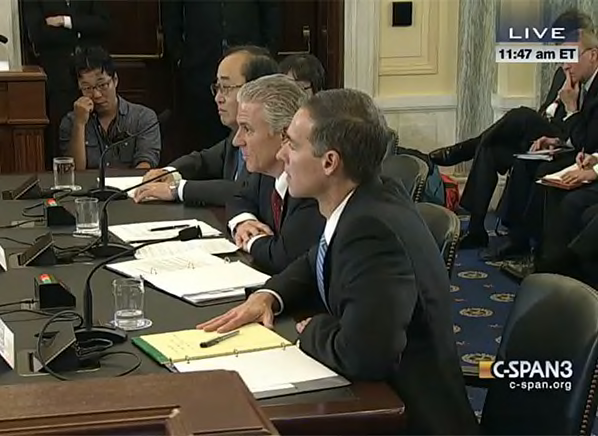
We're excited for the year ahead in cars. New drivetrains, designs, and technologies make every new year more exciting than the last. But some less-than-stellar actions by the auto industry. also make us glad to put 2014 behind us.
From defects that led to massive recalls to dealers denying consumers the ability to directly buy cars from automakers, not everything was peachy in the world of car buying last year. These five actions that made life for consumers and driver worse in 2014.

Millions of General Motors cars between 2000 and 2014 had an ignition switch that, when added weight (such as a keychain) was combined with a jarring event (like driving over a pothole), the key could slip out of the run position.
By the summer of 2014, GM recalled 17.7 million vehicles—roughly 15 times more than the number of vehicles it sold last year. Additionally, documents suggest the automaker may have known about the problem as early as 2003. More than a dozen deaths and millions of owners were nervous for months until their repair parts arrived. Not a great year for GM's public image, yet somehow, sales were up for the company.
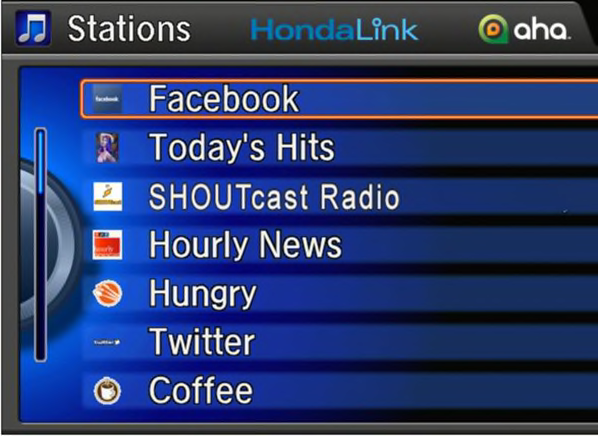
It's no secret that more elements of the smart phone are continuing to merge with automobiles every year. But just because we want to send text messages via voice controls and access our music, doesn't meant we need every last bit of connectivity in our car (such as Honda's Facebook app in HondaLink). And some companies are threatening to take in-car social media apps too far. Facebook and Twitter updates on the road should take a back seat to the complicated task of driving.
Any additional interactions that take hands, eyes, or even cognitive focus away from driving risk introducing new distractions. Shame is, active safety systems show great promise when it comes to avoiding accidents, but some developments in infotainment could counter those potential gains.
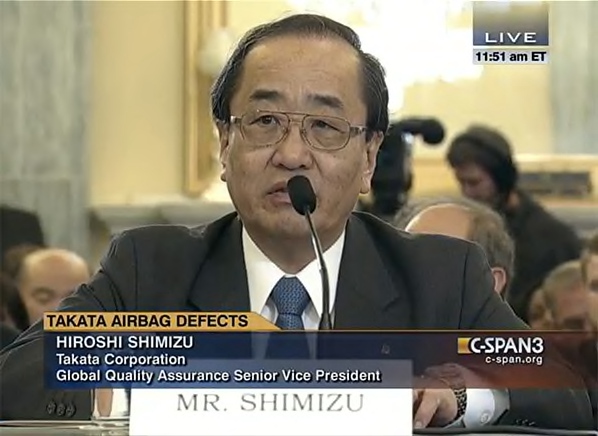
Last year, tens of millions of vehicles from numerous automakers were recalled for safety issues and faulty equipment. But one recall connected 7.8 million cars from multiple companies—Takata air bags. These at-risk units have a propellant that in some cases had become too potent, causing the metal casing around it to rupture.
National Highway Traffic Safety Administration investigated and recalls were issued through the affected automakers, but it could be months or even years before replacement parts for all affected cars are assembled. To make matters worse, a New York Times report suggests that Takata had knowledge of this issue years before reporting, raising even more red flags for a company that we hope to hear little about in 2015.
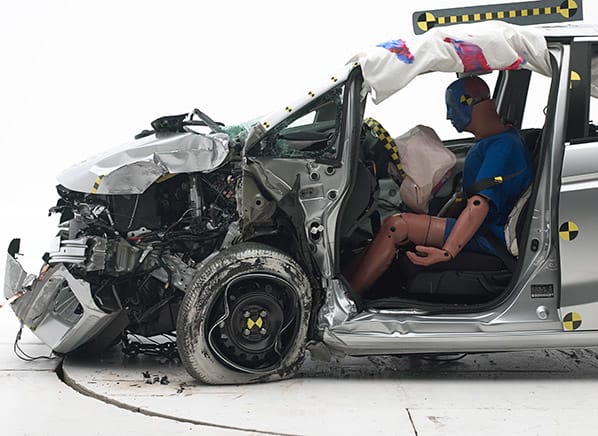
One unintended consequence of the Takata investigation was learning about Honda's record keeping—or lack thereof. According to a Bloomberg report, Honda failed to report over 1,700 claims resulting in injury or death in its cars. Honda blamed the omissions on "inadvertent data entry or computer programing errors." This period of supposed poor record keeping spanned 11 years, and among those were eight cases related to the Takata air bag issues. Each of the 1,729 violations carries a $7,000 fine per day that it is not reported. On January 8, Honda announced that it will pay a grand total $70 million fine, the largest auto-safety fine ever.
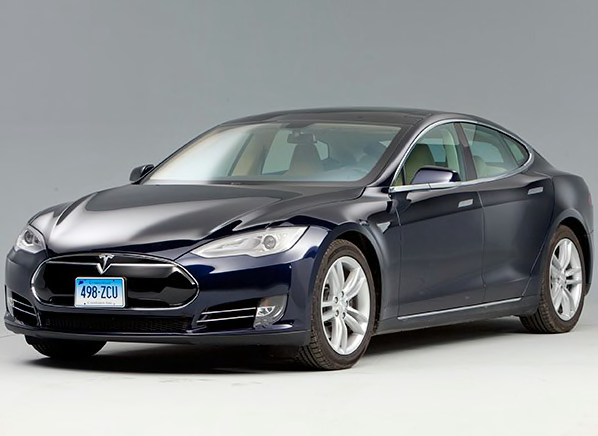
Across the country, lobbyists representing franchised new-car dealers vie for influence in their respective state legislatures. These groups act in the best interest of dealerships, and Tesla Motors' direct-sales model is a clear threat to the dealer status quo. As a result, the direct sales of Teslas are banned in states like Arizona, Maryland, New Jersey, Texas, and Virginia. Some of these states still have Tesla showrooms; you just can't buy anything there.
Other states allow direct sales, while some have pushed through legislation to specifically block direct sales of the electric car. Unfortunately, dealer groups in many states are ramping up for this same fight in 2015. This battle is benefiting established dealers at the expense of providing consumers ready access to a breakthrough car and giving them choice in how they purchase a car.
—George Kennedy
 Build & Buy Car Buying Service
Build & Buy Car Buying Service
Save thousands off MSRP with upfront dealer pricing information and a transparent car buying experience.
 Get Ratings on the go and compare
Get Ratings on the go and compare
while you shop